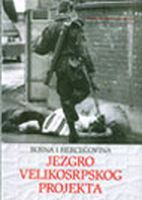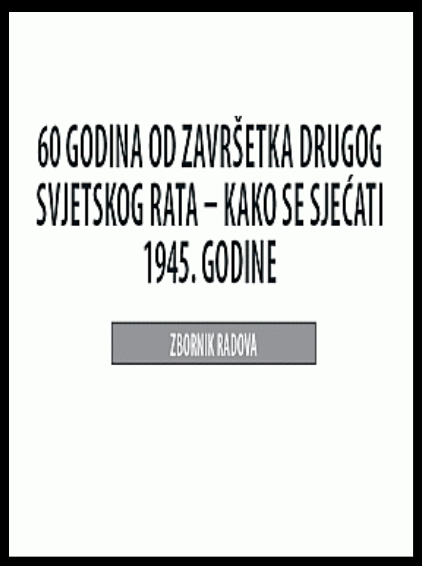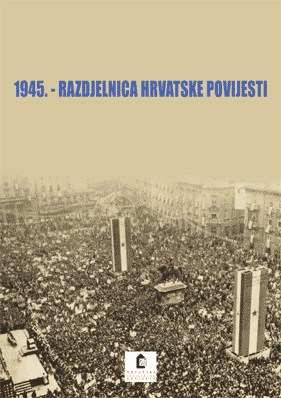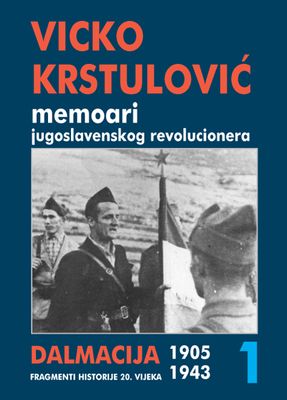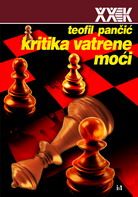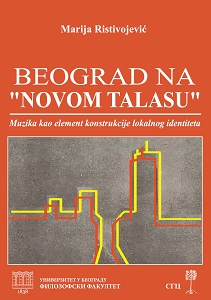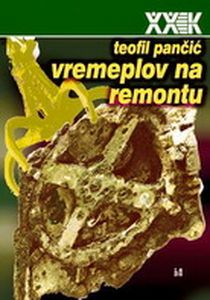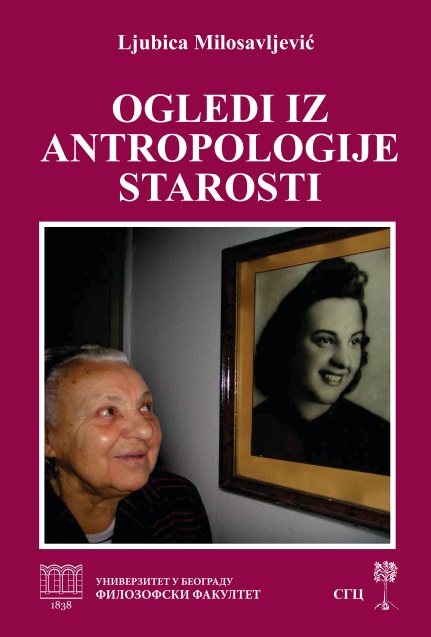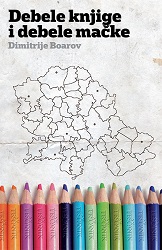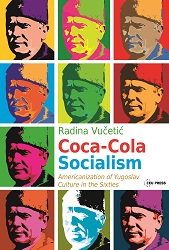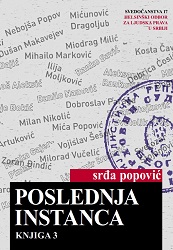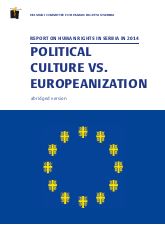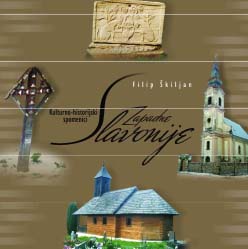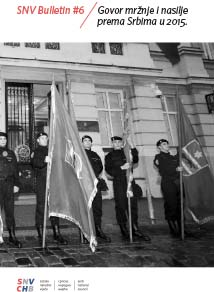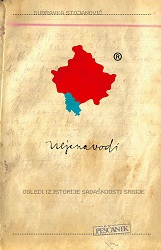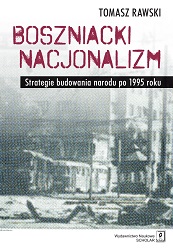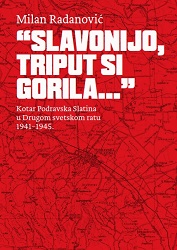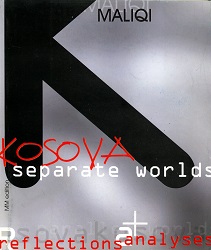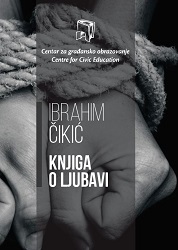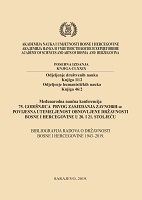BIBLIOGRAFIJA RADOVA O DRŽAVNOSTI BOSNE I HERCEGOVINE 1943-2019.
Author(s): / Language(s): Bosnian
Keywords: Bosnia; BiH; statehood; 20th century; 21st century; ZAVNOBIH; bibliography;
Dvadeset petog novembra 2018. godine navršilo se 75 godina od kada je u Mrkonjić Gradu održano I zasjedanje ZAVNOBiH-a. Tada je, kako je zabilježio hroničar, “u jeku krvavih bitaka od Soče do Đevđelije, Bosna i Hercegovina, u Mrkonjić Gradu, nekoliko desetina kilometara od njemačkog garnizona u Banja Luci, ostvarivala san svojih najboljih sinova, ona je birala svoje zemaljsko vijeće. U toj historijskoj noći, sabrali su se na svoju prvu skupštinu najbolji Srbi, najbolji Hrvati, najbolji Muslimani od ravne Posavine do hercegovačkog krša, od drinskih prosjelina do masiva Dinare i bratimeći se ispod slika Tita, Staljina, Čerčila i Ruzvelta kuju sirotici kletoj svijetlu budućnost.” Uzimajući u obzir značaj koji je imalo prvo zasjedanje ZAVNOBiH-a za izgradnju državnosti Bosne i Hercegovine, pristupilo se namjeri da se na osnovu dostupnih izvora napravi baza podataka o državnosti Bosne i Hercegovine da bi se budućim istraživačima omogućilo kompleksnije sagledavanje te teme. Nekoliko je faktora opredijelilo pristup temi, a glavni je bio dostupnost građe. Natpisi koji se odnose na državnost Bosne i Hercegovine u velikoj su se mjeri umnožili nakon 1969. godine, a manifestacije su od tada obilježavane širom Bosne i Hercegovine. Pokrajinski komitet KPJ za Bosnu u Hercegovinu sredinom augusta 1943. godine donio je odluku o pokretanju lista “Oslobođenje”, koji je uprkos brojnim nedostacima omogućio širenje informacija o antifašističkoj borbi u Bosni i Hercegovini i Jugoslaviji. Od 868 članaka objavljenih u ratnom “Oslobođenju”, 255 članaka imalo je politički karakter, 217 članaka odnosilo se na borbena djelovanja jedinica NOVJ i vojnih snaga članica antifašističke koalicije, 94 na kulturno-prosvjetne prilike na oslobođenoj teritoriji i u partizanskim jedinicama, 69 na opis likova partizanskih boraca, 68 na privredne prilike u Bosni i Hercegovini, 57 na djelatnosti Narodnooslobodilačkog fronta, 50 na djelatnosti organa narodne vlasti… List “Oslobođenje” bio je dosljedan borac za društveni napredak, izgradnju socijalističkog društva, učvršćenje bratstva i jedinstva među jugoslavenskim narodima i narodnostima, a svojim natpisima je dosljedno čuvao tekovine revolucije. U oblasti nauke, prosvjete i kulture Bosna i Hercegovina je u poslijeratnom periodu ostvarila značajan napredak. “Oslobođenje” je svakodnevno donosilo natpise o svim značajnijim kulturnim manifestacijama u Bosni i Hercegovini. Za proučavanje historije socijalističkog razvoja Bosne i Hercegovine značajnu ulogu imali su i članci o značajnim pitanjima. “Oslobođenje”, kao kreativni elemenat, ali i refleks javnog mijenja, predstavljalo je vrijedan historijski izvor na osnovu kojeg je bilo moguće sagledati društveno-političke i ekonomske prilike u Bosni i Hercegovini u periodu socijalističke izgradnje. Poruke ZAVNOBiH-a postale su temeljna odrednica svih poslijeratnih ustava u Bosni i Hercegovini. Knjiga je koncipirana iz četiri cjeline. U prvoj je dat popis izvora i literature koji se odnosi na period 1945-2018. godine. Arhivska građa vojnih jedinica, društveno-političkih organizacija i organa narodne i vojne uprave najvećim je dijelom sačuvana i publicirana u većem broju knjiga – zbornicima dokumenata i podataka o narodnooslobodilačkom ratu, a ta je tema razmatrana i u drugim publikacijama. U drugoj cjelini dat je spisak članaka objavljenih u ratnom izdanju “Oslobođenja” u periodu od 1943. do sredine 1945. godine. Tadašnja njegova izdanja, uprkos brojnim nedostacima, predstavljala su značajnu pojavu za širenje informacija o antifašističkoj borbi u Bosni i Hercegovini. U trećoj cjelini data je bibliografija radova objavljenih u “Oslobođenju” u periodu od 1945. do 1992. godine. Nakon Drugog svjetskog rata uloga “Oslobođenja” u velikoj se mjeri izmijenila, pa je ono postalo značajan instrument demokratskog javnog života i mišljenja, donoseći informacije o svim značajnijim društveno-političkim i ekonomskim zbivanjima u zemlji i svijetu, predstavljajući snažno sredstvo propagande socijalističkih ideja i odgoja širokih društvenih slojeva u socijalističkom duhu i tumača ideologije i političke linije KPJ, odnosno SKJ. U period između 1945. i 1992. godine, kada se Bosna i Hercegovina nalazila u okviru SFRJ, mogli su se razlikovati stavovi prema ZAVNOBiH-u i državnosti Bosne i Hercegovine. Zahvaljujući utjecaju mlađih političara u Bosni i Hercegovini, povodom obilježavanja 25. godišnjice Prvog zasjedanja ZAVNOBiH-a donesena je odluka da se 25. novembar 1969. godine obilježi kao Dan državnosti Bosne i Hercegovine. Od tada se širom Bosne i Hercegovine taj dan proslavljao brojnim manifestacijama. U četvrtoj cjelini bibliografije nalazi se popis novinskih članaka objavljenih u periodu od 1992. do 2018. godine. Pored podsjećanja na proces izgradnje državnosti Bosne i Hercegovine, posebna pažnja posvećena je aktuelnom odnosu prema tekovinama Narodnooslobodilačkog rata, odnosu prema ZAVNOBiH-u u periodu socijalizma, ali i osporavanju i negiranju svih povijesnih obilježja bosanskohercegovačkog društva. Dan državnosti Bosne i Hercegovine sada se obilježava samo u jednom dijelu zemlje – u Federaciji Bosne i Hercegovine, dok je u Republici Srpskoj prisutna namjera da se sva njegova obilježja iz prethodnog vremena u potpunosti izbrišu iz memorije. Otkako je u procesu disolucije Jugoslavije nacionalizam postao dominantna ideologija u Bosni i Hercegovini, počelo je negiranje njenog povijesnog bića, kao i univerzalnih principa ZAVNOBiH-a. Značajnu pomoć u kompletiranju uvida u natpise u štampi predstavljala je baza podataka za period od 2003. do 2018. godine, koju je objavio Infobiro-Medija centar iz Sarajeva, ali je trebalo izvršiti selekciju predstavljenih članaka i dopuniti postojeći popis. Iako je bibliografija rađena po drugim metodološkim principima, ona ipak omogućava puni uvid u navedene novinske članke. Kao prilog i doprinos vizuelnom sagledavanju razmatrane teme, pod naslovom “Tri zasjedanja ZAVNOBiH-a”, priložene su fotografije koje se nalaze u Historijskom muzeju u Sarajevu, kao i fotografije objavljene u knjizi Monografija Mrkonjić Grada, štampanoj povodom obilježavanja 30. godišnjice ZAVNOBiH-a 1973. godine. Na kraju, dat je registar imena autora knjiga i članaka objavljenih u publikacijama, kao i imena autora novinskih članaka. Ovaj prilog posvećen obilježavanju 75. godišnjice ZAVNOBiH-a potvrda je da ZAVNOBiH živi i da će njegovo povijesno biće i dalje biti prisutno u našoj stvarnosti. Kao važan elemenat u pitanju čuvanja tekovina NOR-a naredni zadatak će biti obilježavanje 80. godišnjice ZAVNOBiH-a, a za to će biti potrebno omogućiti kompleksniji pristup štampi i literaturi.
More...
